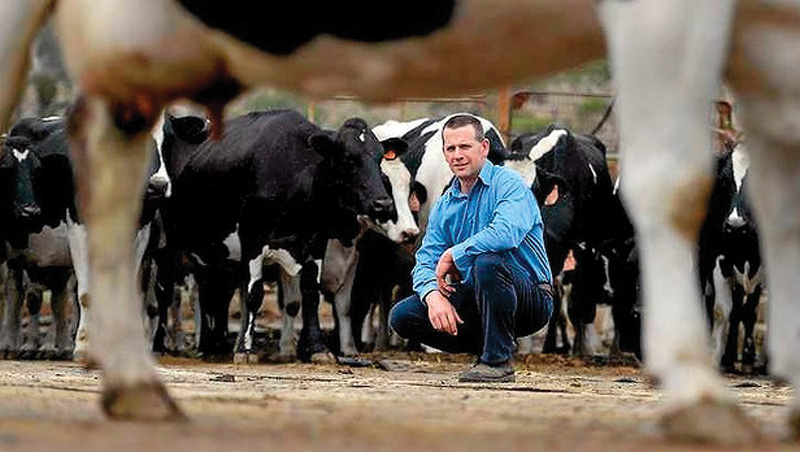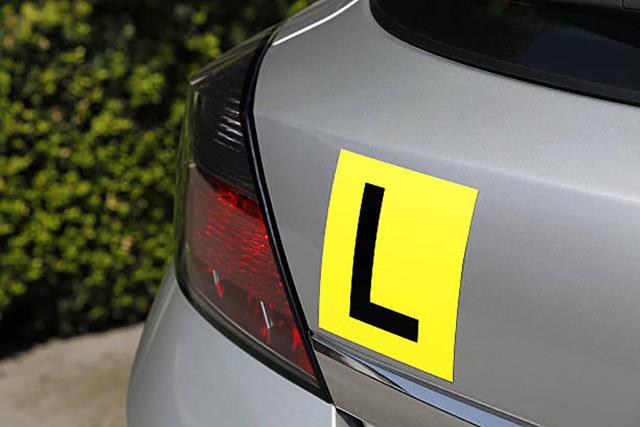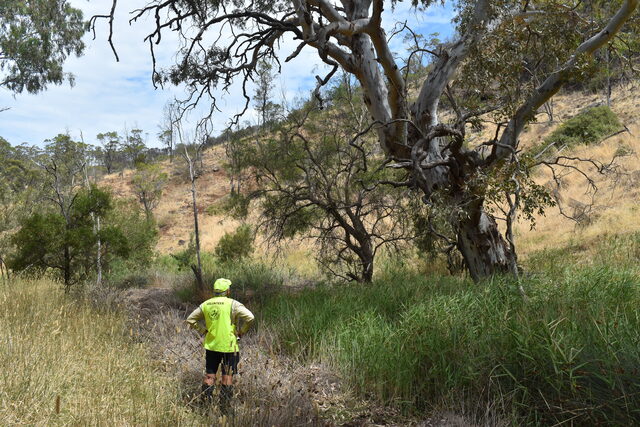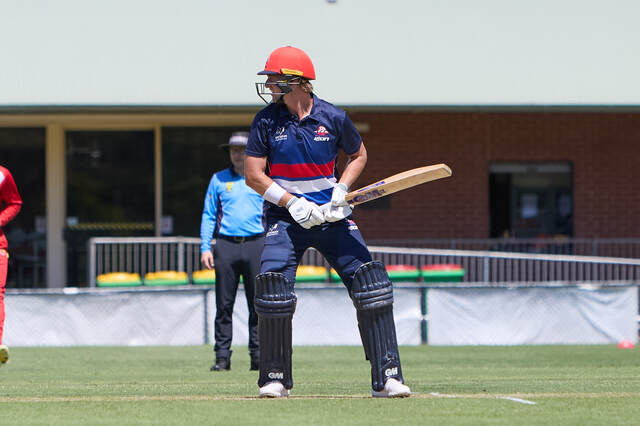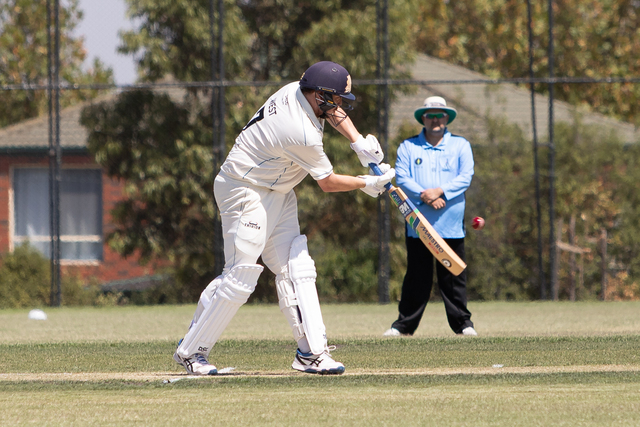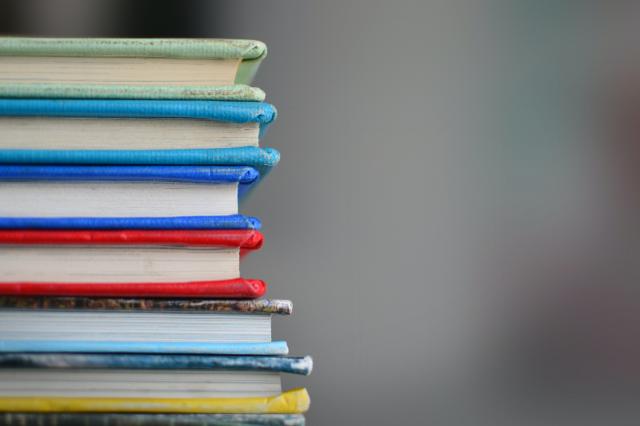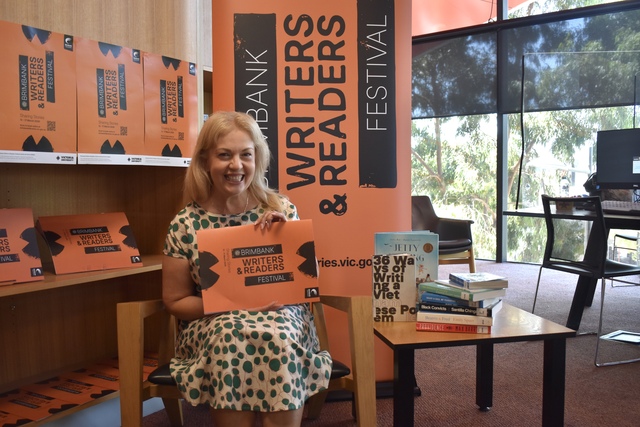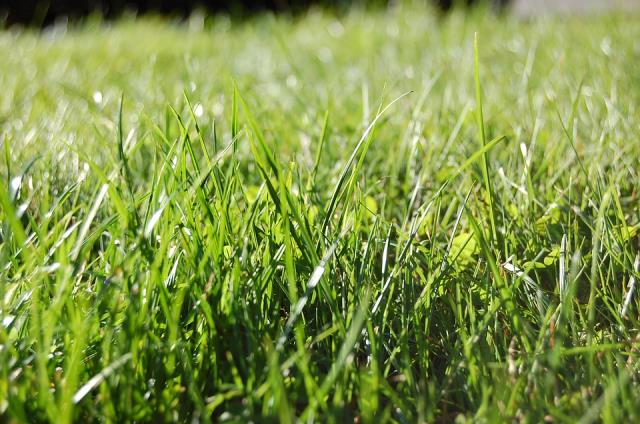Australian dairy farmers have expressed ”extreme disappointment” over the new ”free trade” deal with Japan, labelling it a ”dud deal” and ”lost opportunity”.
Farmers said it fell well short of dairy industry expectations and would end up producing no meaningful benefit to the industry, one of Australia’s largest agricultural export sectors and a driving force in Victoria’s rural economy.
According to figures released by the Australian Dairy Industry Council, Japan bought $511 million of Australian dairy exports in 2012-13, making it our biggest customer. But market access in Japan comes at a cost, with dairy exporters paying more than $100 million a year in tariffs and other costs.
The new deal, the council said, would save dairy exporters just $4.7 million in its first year, a figure that would rise to just $11.6 million by 2031. The industry had hoped for a substantial reprieve on tariffs on fresh cheese exports to Japan, but was left disappointed. ”We were hopeful government had heeded the industry’s message in regards to freeing up market access in Japan. However, it now appears our words fell upon deaf ears,” said Robert Poole, deputy chairman of the council.
”There has been no movement in this agreement on fresh cheese – the No.1 objective for Australian dairy, with tariffs to remain at 29.8 per cent. A successful outcome on this tariff line would have delivered approximately $60 million in tariff savings – instead we have received nothing and the tariff stays in place,” he said.
Mr Poole said the deal made only minimal progress in cutting trade barriers. ”This has been an agreement over six years in the making and sadly, from the dairy industry’s perspective, will end up providing no meaningful benefit. This deal sends all the wrong signals to our key trading partners and is particularly troubling in the context of the upcoming FTA negotiations with China,” he said.
Yarra Valley dairy farmer Tyran Jones, president of United Dairyfarmers of Victoria, said it was ”not a particularly good deal” for the dairy industry.
”The bottom line is that in the first year the benefit is somewhere in the order of $4.5 million, which is not a meaningful amount in terms of Australian dairy trade,” he said.
”It’s just an opportunity lost. There was potential for a reduction in the cost of doing business in the dairy export sector – and that opportunity’s been lost.”
Acting Prime Minister Warren Truss said trade deals required compromises.
”There always has to be some element of give and take. We can’t get everything that we would like. Clearly, I would like to see all agricultural trade barriers removed and that would be a huge boost to the Australian farm sector,” he said.

